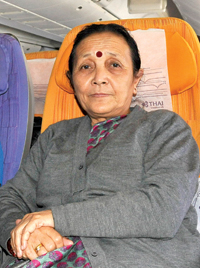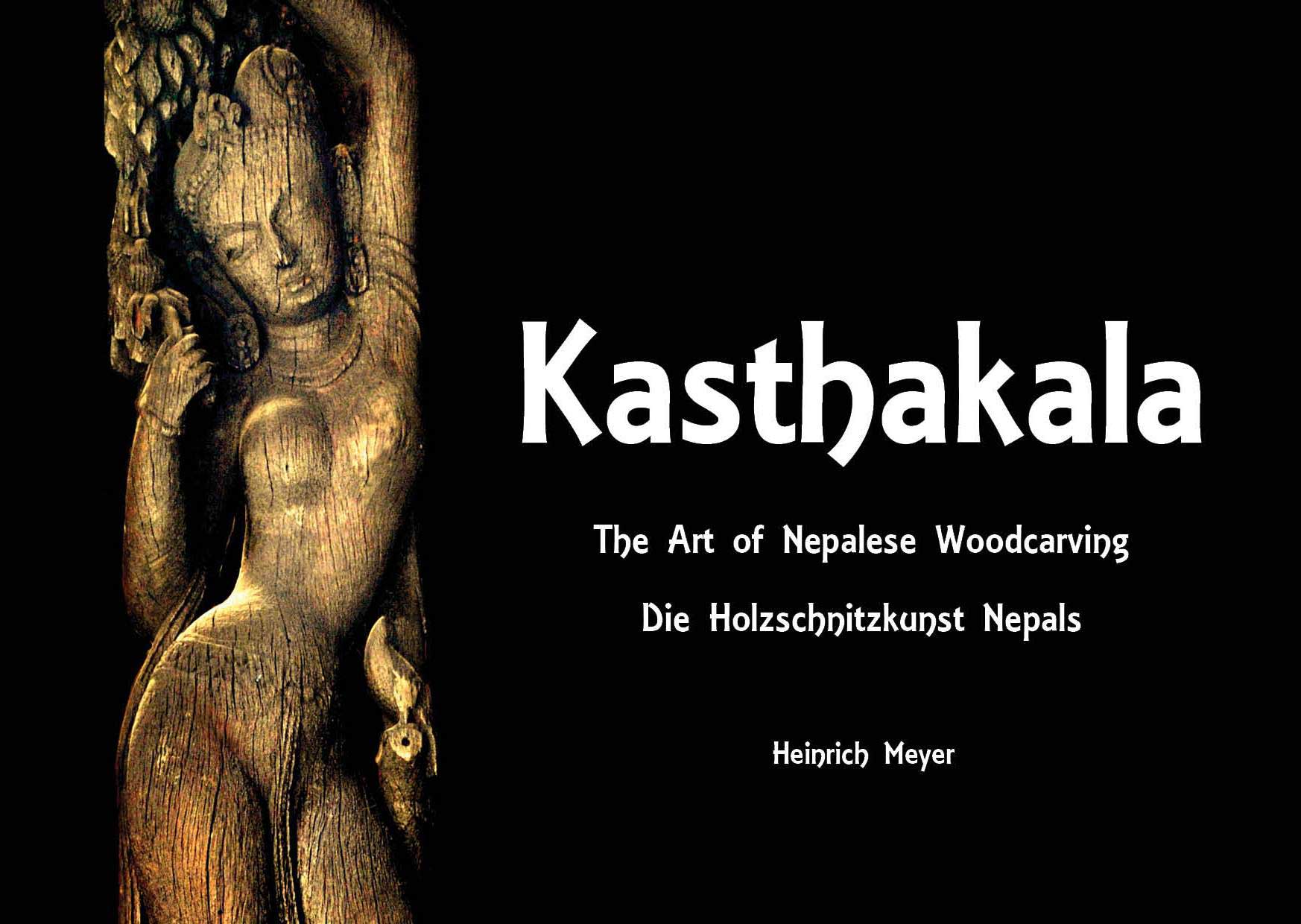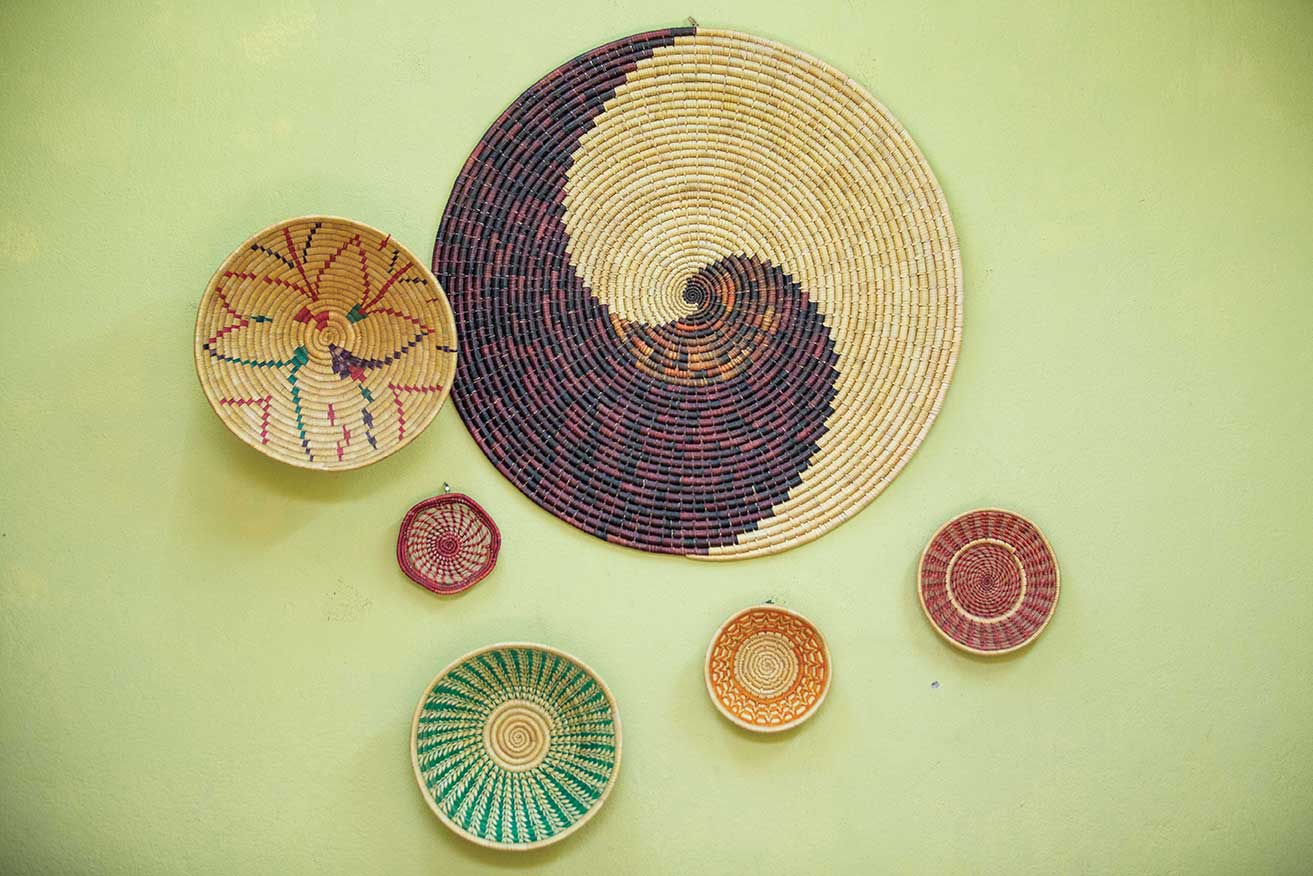Activist and a recent recipient of the CNN Hero award, Anuradha Koirala still leads the fight against girl trafficking in Nepal.
Clad in a simple sari, her hair tied back in a neat little bun, she had already nodded off within a few minutes of take off. Her face looked tired, creased with experiences both bitter and uplifting but still serene, as if she had grown immune to petty worries.
The Thai Airways flight had just taken off from Bangkok’s Suvarnabhumi Airport when I spied CNN Hero and anti girl trafficking activist Anuradha Koirala in the seat behind mine. When she awoke and got up for a coffee, she was immediately flooded with photo requests from eager Nepalese on the plane. Visibly tired from a long flight from Perth, she obliged to each and every request before also agreeing to talk to me.
 “I’d love it if someday people forgot about me, if my name and my face stopped coming in the papers,” she says when asked how recognition from so many people around the world, Nepali and foreign, feels. To know her and her work, to have her name and photo in the paper is to know that a serious girl trafficking problem persists in Nepal, she says.
“I’d love it if someday people forgot about me, if my name and my face stopped coming in the papers,” she says when asked how recognition from so many people around the world, Nepali and foreign, feels. To know her and her work, to have her name and photo in the paper is to know that a serious girl trafficking problem persists in Nepal, she says.
The Nepali government has long recognized Anuradha Koirala’s work in the field of anti-girl trafficking but the world finally took notice in 2011 when she was nominated for and won the CNN Hero award through a public poll that ran online for eight weeks. When news of her win came, it echoed through the Internet, warming hearts and bringing tears to many a Nepali’s eyes. “Human trafficking is a crime, a heinous crime, a shame to humanity,” Koirala said, after being introduced as one of the top 10 CNN Heroes of 2010. “I ask everyone to join me to create a society free of trafficking. We need to do this for all our daughters.” Her work has won her some influential friends, such as Hollywood actor Demi Moore who formed DNA, an organization which works towards eliminating sex slavery. “Every day this woman confronts the worst of what humanity has to offer,” Moore said of Koirala.
Her non-governmental organization, Maiti Nepal (Maiti is Nepali for a girl’s own home) has worked relentlessly to eradicate girl trafficking since 1993. To date, they have saved 12,000 women and girls from sex slavery. At Maiti Nepal, the rescued survivors find a safe haven, a place where they can recompose and find strength from within to resettle and rebuild their lives. Survivors include sexually abused girls, abandoned children, victims of trafficking and prisoners’ children amongst others. With Maiti Nepal, and the second chance it gives to all, these women are transformed from victims to survivors.











